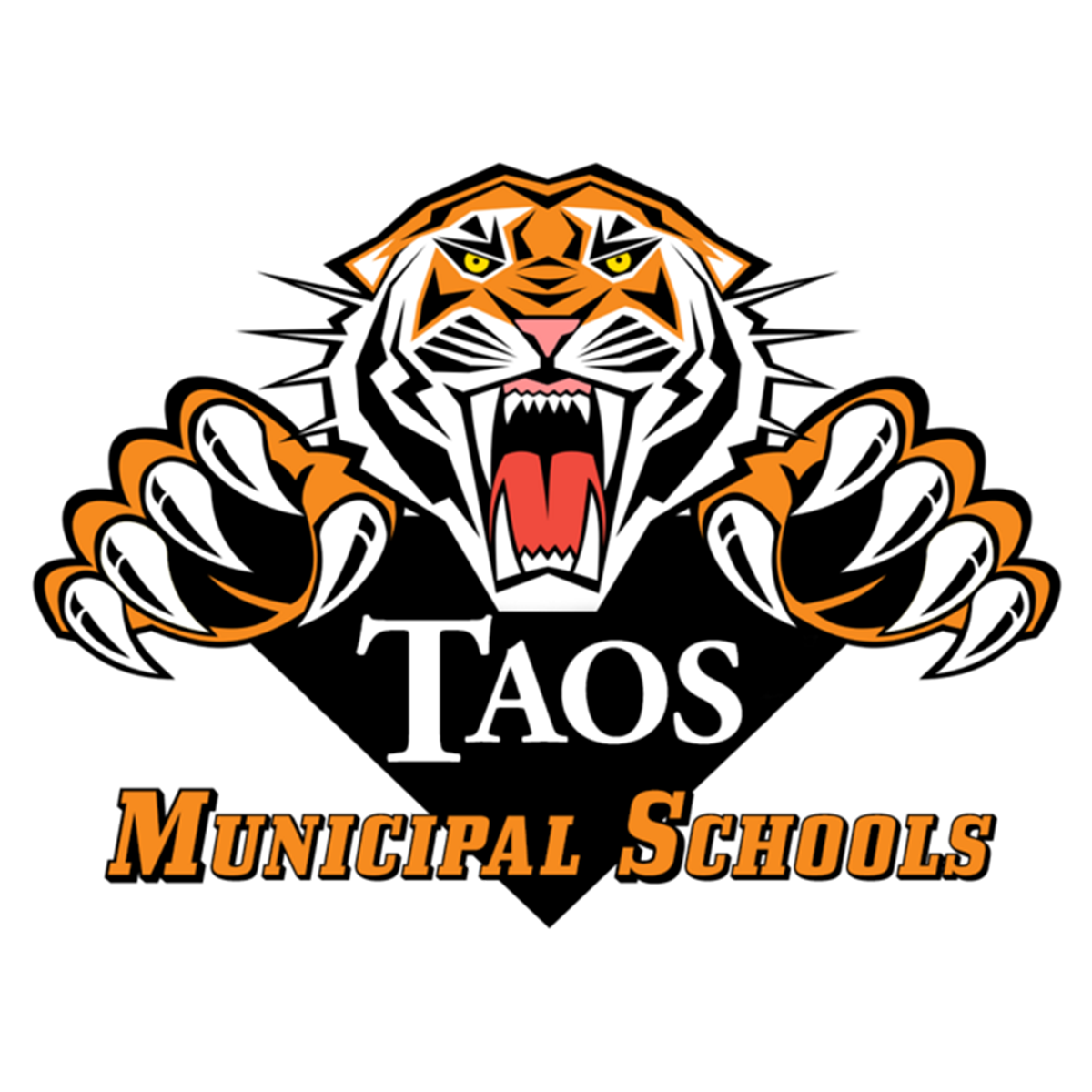Skip to content
Show submenu for 2025 GO Bond
2025 GO Bond
Show submenu for Administration
Organizational Chart
Show submenu for Board of Education
Athletics
STUDENTS AND PARENTS
Staff Tools & Information
RFPS
Job Opportunities
Attendance
Show submenu for
